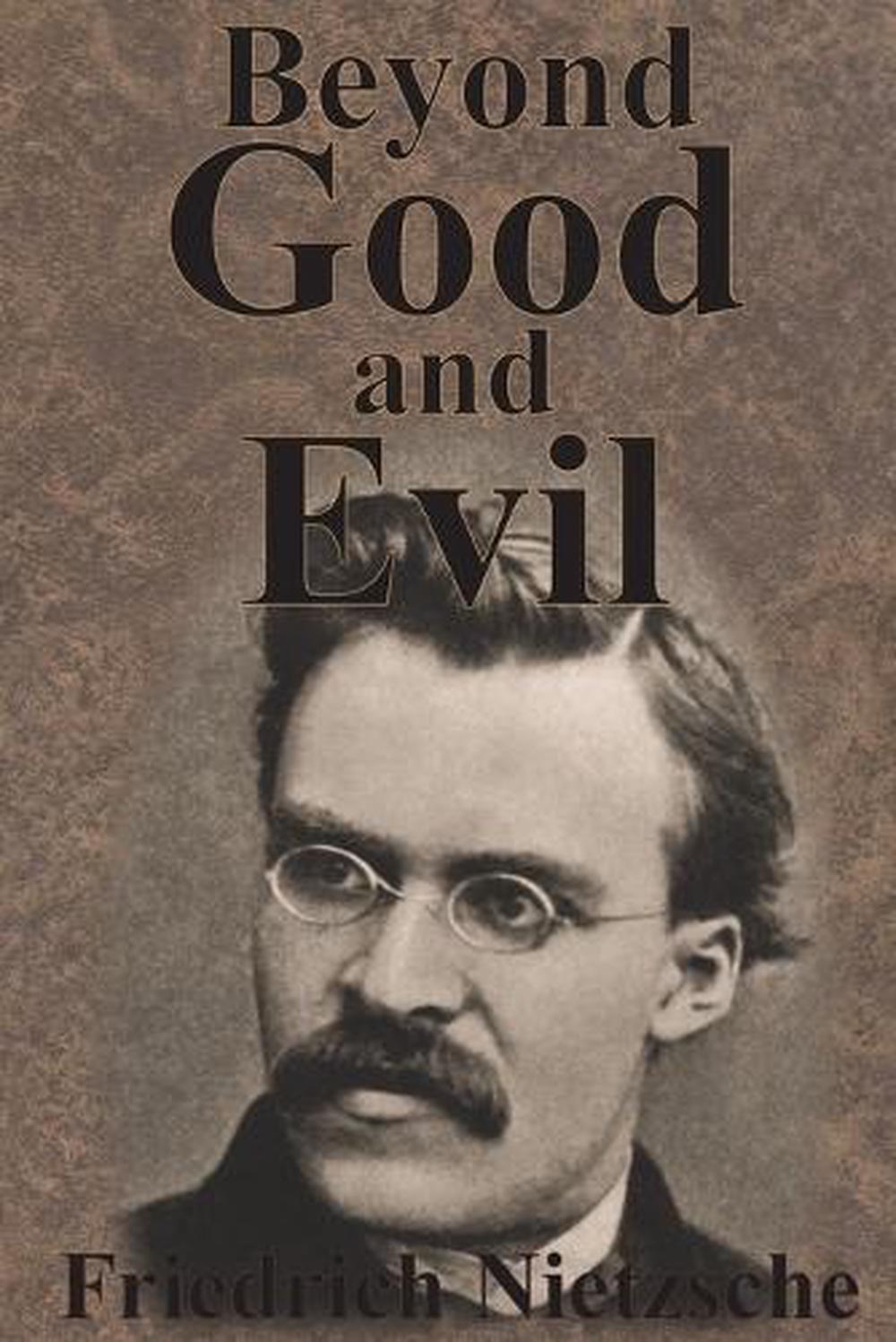

In spite of all facts, Nietzsche believed in God (if this were not true, he could hardly create his works and write about God and his role in every person’s life). Such translations make lots philosophers and Nietzsche’s followers in particular to think that Nietzsche was an atheist. The point is that translated works may not represent the major idea that the original author had in mind.įor example, in The Gay Science (in German, it sounds as Die fröhliche Wissenschaft),Nietzsche said that “God ist tot!” All writers translated this very idea literary, as “God is dead!” Maybe, it is one of their big mistakes to translate the words with such a serious meaning in a literary way, which can easily confuse the reader. In order to comprehend whether Nietzsche kept to such an idea of the dead God in all his works, and Beyond Good and Evil in particular, it is better to analyze his original works, written in German, and grasp the major idea of translation and the reproduction of the thoughts, and only than start analyzing them.įriedrich Nietzsche is a German philosopher and writer, this is why it is necessary to underline that all his works were written in German and translated by other people in many languages in different ways.

Even if Nietzsche did not concentrate on the idea of the dead God in his Beyond Good and Evil, that very thought is still considered to be present between the lines of the book, just expressed in other words. This statement appears in his several works. Nietzsche was the only person who affirmed that “God is dead”.

With the help of a deep analysis of self-perception and religious issues, the reader gets a wonderful opportunity to analyze the truth and its components, to comprehend why truth is so important, and to investigate all spheres of life taking into consideration various perspectives. This work helps to discover not only the truth as it is, but also men’s truth that is crucially important for the society.


 0 kommentar(er)
0 kommentar(er)
